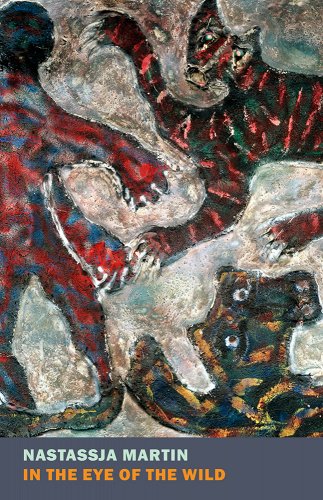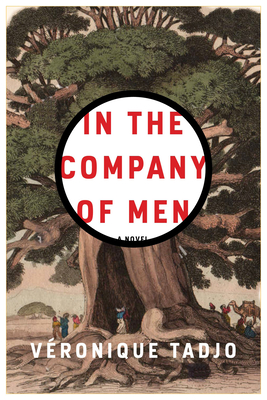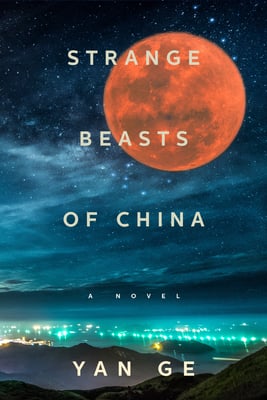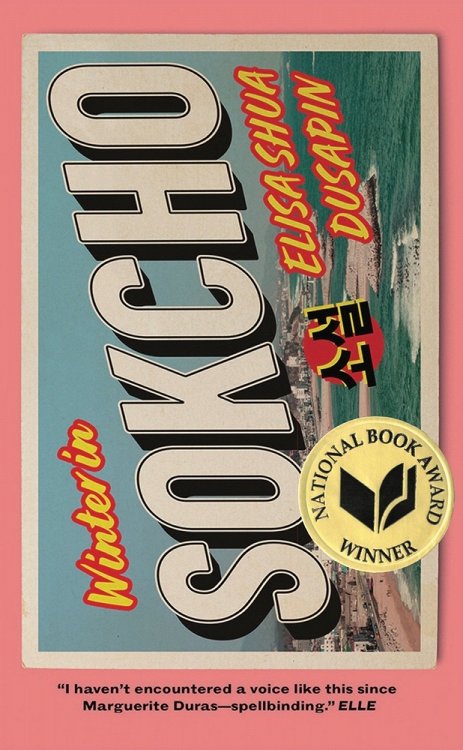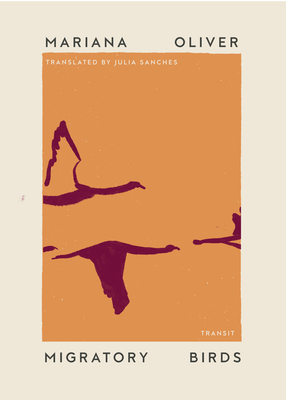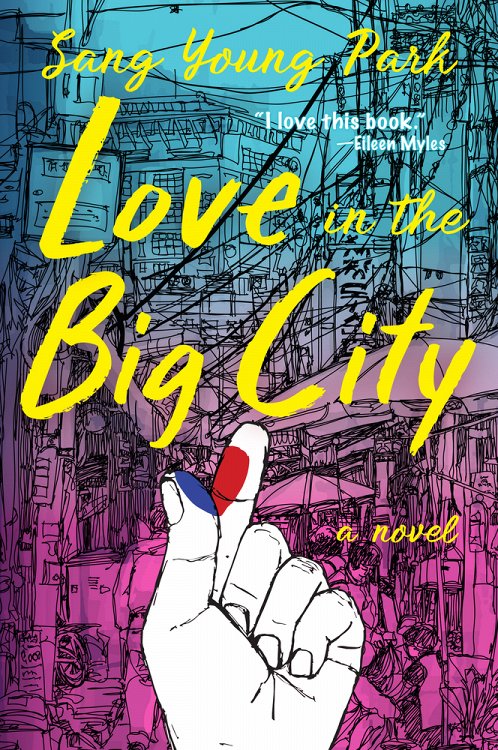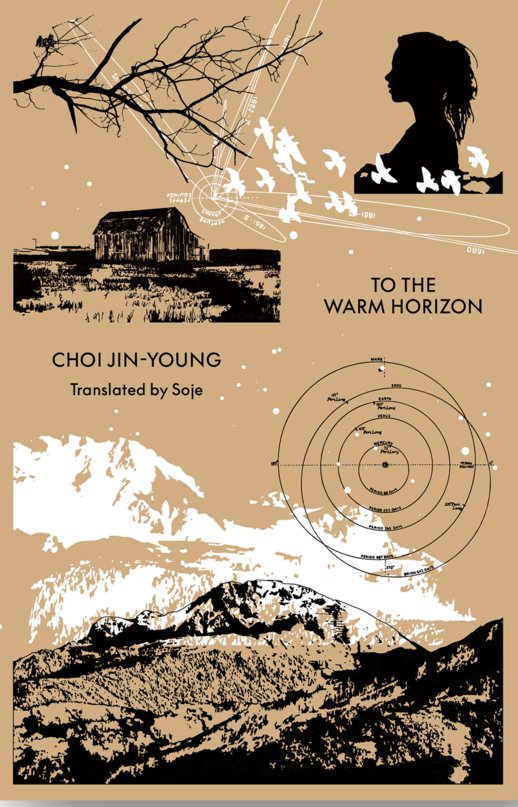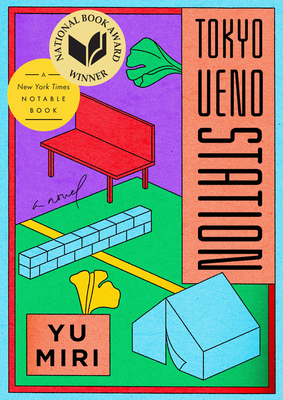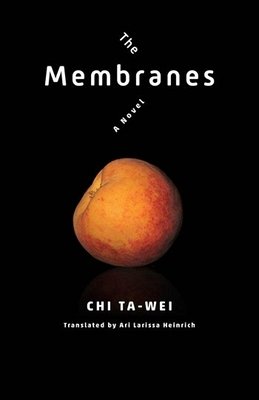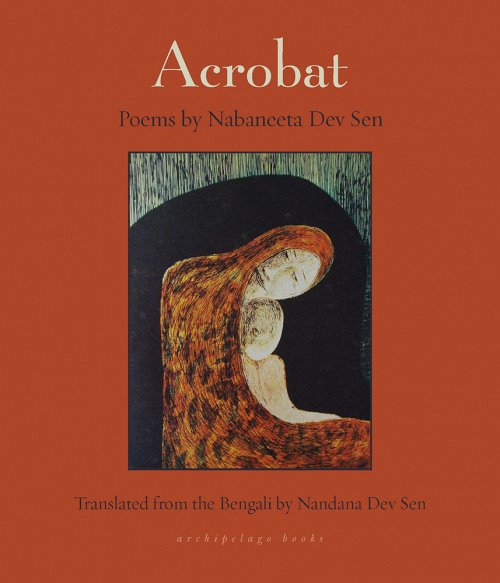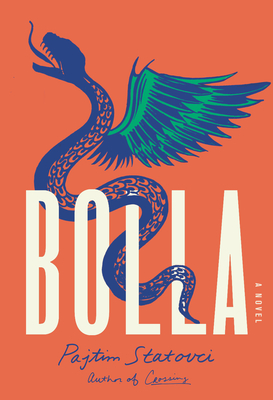As the year comes to an end, our staff, contributors, and board members look back on their favorite international reads from 2021.
Eric M. B. Becker
Editor
One of my most thought-provoking reads this year came rather late in the year: Natassja Martin’s memoir of a harrowing encounter with a Siberian bear, translated by Sophie R. Lewis. NYRB so often surprises me (though, at this point, I’ve come to expect the unexpected from them) with work like this and Lyall Watson’s Heaven’s Breath that, while facing the urgent questions of our time—the relationship between humans and nature, to pick a common thread between Martin and Watson’s work—reaches the greatest literary heights.
Tobias Carroll
Watchlist Editor
Sometimes, reading about a fictional pandemic in the middle of a real one can be enlightening. Such was the case with Véronique Tadjo‘s novel In the Company of Men, translated by the author John Cullen. An outbreak of ebola is at the heart of this book, but its concerns—about mortality, about the natural world, about sickness and health—take on an even greater urgency in light of current events. “I object terribly to this idea of putting a nationality, if you want, an identity to epidemics because, in fact, viruses don’t see borders,” Tadjo told NPR earlier this year. It’s a lesson we haven’t heeded yet.
Jennifer Croft
Translator and WWB Contributor
My favorite book in translation from 2021 was Jeremy Tiang’s English version of Yan Ge’s Strange Beasts of China, an absolute delight that I read week by week with my MFA students at the University of Arkansas, along with Jeremy’s own interesting essays on translation in Asymptote and Korean Literature Now. Yan’s narrator was so appealing as she stumbled through the beastly underworld of the fictional city of Yong’an, learning about the unruliness of human relations through her interactions with ever wilder creatures. Jeremy’s translation is so sensitive and so inventive, so fresh and full of life, that every page was truly a pleasure, one of the things I most looked forward to each week.
In poetry, I am in awe of Aaron Poochigian’s 200th-anniversary The Flowers of Evil, by Charles Baudelaire. Poochigian’s brilliant handling of these essential verses makes them tremendously exciting again, while Dana Gioia’s interesting overview of Baudelaire’s significance is handy for those interested in the history of poetry or even of modernity. In prose poetry, 98-year-old Ida Vitale’s Byobu, translated by Sean Manning, is a quirky and intriguing account of a person in the world that invites revisiting, and Manning’s love of the work is palpable in playful alliteration, friendly neologism, and explorations of the intersection between language and philosophy.
Adam Dalva
Books Editor
Elisa Shua Dusapin’s Winter in Sokcho, a lean novel in marvelous translation by Aneesa Abbas Higgins, was one of my standouts of 2021. This book! If you have seen me in a Zoom meeting or wandering the streets of Brooklyn, you’ve probably already suffered through my recommending it to you. The lead, a young woman who has returned home from her university in Seoul, is working at an inn in the wintery off-season of Sokcho, a tourist town near the border between North Korea and South Korea. Dusapin’s Sokcho is sparse and melancholy, faint light glimmering on the chilly ocean. The lead’s mother, who works at a stall specializing in fugu in the town’s active seafood market, is pressuring her to get plastic surgery, partially because the lead’s lame, hot boyfriend isn’t paying her much attention. Best of all, a middle-aged French graphic novelist, Yan Kerrand, is a new guest in the motel, and the lead becomes fascinated by him. An unexpected, wonderful dynamic forms between them, one that has stuck with me since reading Winter in Sokcho. They travel to do research for his work; they eat; they converse. Meditations on art, place, food, heritage, and dysmorphia fill the narrative, which has a perfect ending. I hope that more novels by Dusapin arrive here soon—she’s a wonder.
Bruna Dantas Lobato
Digital Marketing & Communications Coordinator
I’ve gravitated toward shorter books this year, which I could read in one sitting or maybe squeeze in between other books I had to read for work. One of my very favorites was Mariana Oliver‘s debut essay collection, Migratory Birds, translated from Spanish by Julia Sanches and published as part of the Undelivered Lectures series from Transit Books. Going from Canadian geese flying up and down the Americas to people building homes in the underground cities of Cappadocia, and blending criticism, travel writing, reportage, and memoir, this little book offers a memorable and unique perspective on home-seeking and migration, beyond the more common take on migration as opportunity. One of my favorite essays in the book, about Turkish writer Emine Özdamar and East Berlin, appeared in WWB last year, for anyone who’d like a taste.
Soleil Davíd
Editorial Fellow
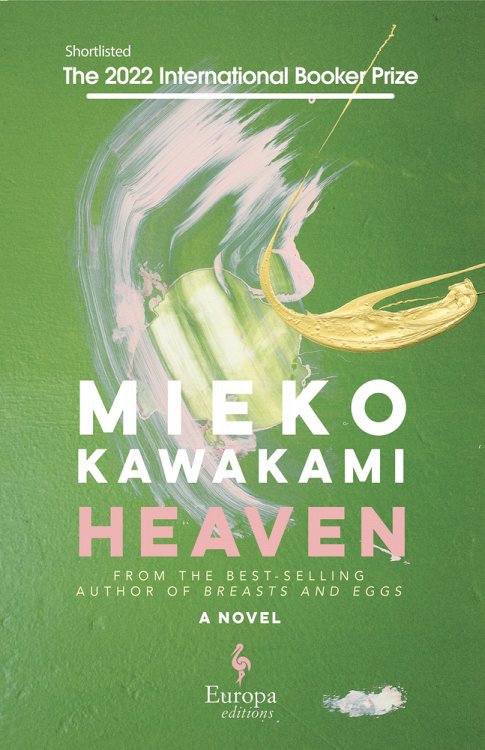
I’ve been haunted by Mieko Kawakami’s Heaven (Europa Editions), translated by Sam Bett and David Boyd, ever since I read it earlier in the year. It’s a bleak, harrowing novel that follows two middle schoolers bullied by their classmates, and because there are some truly horrific scenes of violence depicted, probably not something I would classify as light holiday reading. But maybe when it’s deep January, and it’s bleak and gray outside, you’d want to pick up this novel that delves into the philosophy of suffering.
Susan Harris
Editorial Director
I’ve wanted to read more by South Korean sensation Sang Young Park since we serialized Anton Hur’s translation of “The Tears of an Unknown Artist, or Zaytun Pasta” in 2019, and this fall I finally got my wish. Park’s rollicking Love in the Big City follows the narrator, Young, as he careers from college to his thirties, ricocheting between his female best friend, assorted lovers, and his difficult mother against the shimmering backdrop of Seoul. Hur’s exuberant translation captures the brash vulnerability behind Young’s search for a lasting connection.
I also enjoyed two postapocalyptic novels that first appeared as excerpts in WWB: Choi Jin-young’s To the Warm Horizon, translated from Korean by Soje, and Manon Steffan Ros’s The Blue Book of Nebo, translated from Welsh by the author.
Nadia Kalman
Editor & Curriculum Designer of WWB Campus
An old friend once informed me that in the event of an apocalypse, I wouldn’t be first pick for her survivors’ squad. “I have to be practical,” Anne said. “You were a comp lit major.”
So it was with a desire for redemption that I turned to Choi Jin-young‘s postapocalyptic novel To the Warm Horizon, of which the author has said: “I was determined to keep all the characters, the ones people think could never survive in real life, alive through the very end.”
As I read, I was struck by Choi Jin-young’s tender approach to her vulnerable characters, especially the central couple, Dori and Jina. I also loved individual lines that reflected the book’s clear-eyed, almost perverse sense of optimism: “I’ve come to the conclusion that we’re not really screwed as long as we know we’re screwed.” Translated into English by Soje, the novel is now available in full from Honford Star, as well as excerpted in both WWB and WWB Campus.
Alane Salierno Mason
Founder and President
Thanks to a wonderful small translation reading group at Norton, I’ve actually gotten to read a few translated books this year, and Yu Miri‘s Tokyo Ueno Station stays with me (you can read an excerpt on WWB in Morgan Giles‘s translation). Months after I read it, it remains haunting—the lingering effect probably more intense than how I felt while immersed in it. It’s deeply sad, no question, but I think I could, one day, even go back and read it again.
Nina Perrotta
Assistant Editor & Development Coordinator
One of the books I most enjoyed this year was Ta-wei Chi’s The Membranes, translated into English by Ari Larissa Heinrich (you can read an excerpt here). A work of speculative fiction originally published in Taiwan in 1996, the novel feels in many ways shockingly prescient: a climate crisis has made the earth’s surface unlivable by the year 2100, forcing survivors to live at the bottom of the ocean; same-sex relationships and gender fluidity are commonplace and barely remarked upon; and the characters struggle with some of the same questions of data and privacy that we face today. But in certain ways, The Membranes also feels like a time capsule, a product of its very particular moment—the catastrophic climate event that upends society, for example, is not rising sea levels or an increase in the global temperature but rather the hole in the ozone layer that was so often discussed around the turn of the century, and the world’s preferred form of entertainment is the quaintly named “discbook.” I especially appreciated Ari Larissa Heinrich’s afterword, which describes the unique moment in Taiwanese history out of which The Membranes emerged and offers insightful analysis of Chi’s influences and preoccupations.
Samantha Schnee
Founding Editor & Chairman of the Board
As always, it’s impossible to choose a single book from a whole year of reading, so I’ll plump for the one I’ve read most recently, for the WWB Trustees Book Club: Acrobat, a collection of poems by the late Nabaneeta Dev Sen, translated lovingly from the Bengali by her daughter, Nandana, and published in a beautiful edition by Archipelago Books, which, like WWB, will be kicking off its twentieth anniversary celebrations next year. Nandana’s own contribution to the collection, “A Letter to Ma,” is full of childhood recollections, including one in which she tells her mother, “You’re the most beautiful person in the world!” causing her mother to laugh out loud. She replies, “Every little girl believes that about their mother”—so wise and so true.
Rebecca Servadio
Board Member
This year I loved reading Bolla by Pajtim Statovci, translated by David Hackston and published by Pantheon in July this year, and also The Women I Love by Francesco Pacifico, translated by Elizabeth Harris and published by FSG. Two very different, very affecting, boldly intelligent and unusual books. Through my work as a literary scout, I was able to read (very early in the original Italian) the forthcoming Strangers I Know by Claudia Durastanti and translated by Elizabeth Harris, forthcoming from Riverhead at the end of January 2022. It is a shooting star in book form, and a marvel. Another book I intend to press upon everyone is Call Me Cassandra by Marcial Gala, translated by Anna Kushner and coming out from FSG in January. It is sharp, powerful, and ultimately devastating.
Looking for more WWB reading lists? Check out the following:
The Best Translated Books You Missed in 2020
11 Translated Books by Asian Women Writers to Read This #WITMonth
10 Translated Books from Haiti to Read Now
Disclosure: Words Without Borders is an affiliate of Bookshop.org and will earn a commission if you use the links above to make a purchase.








